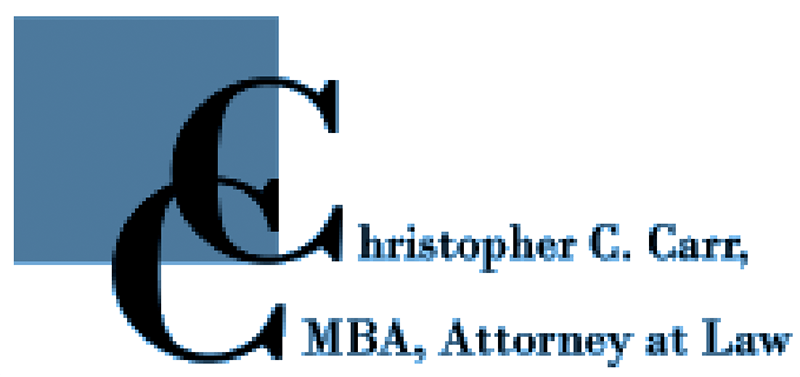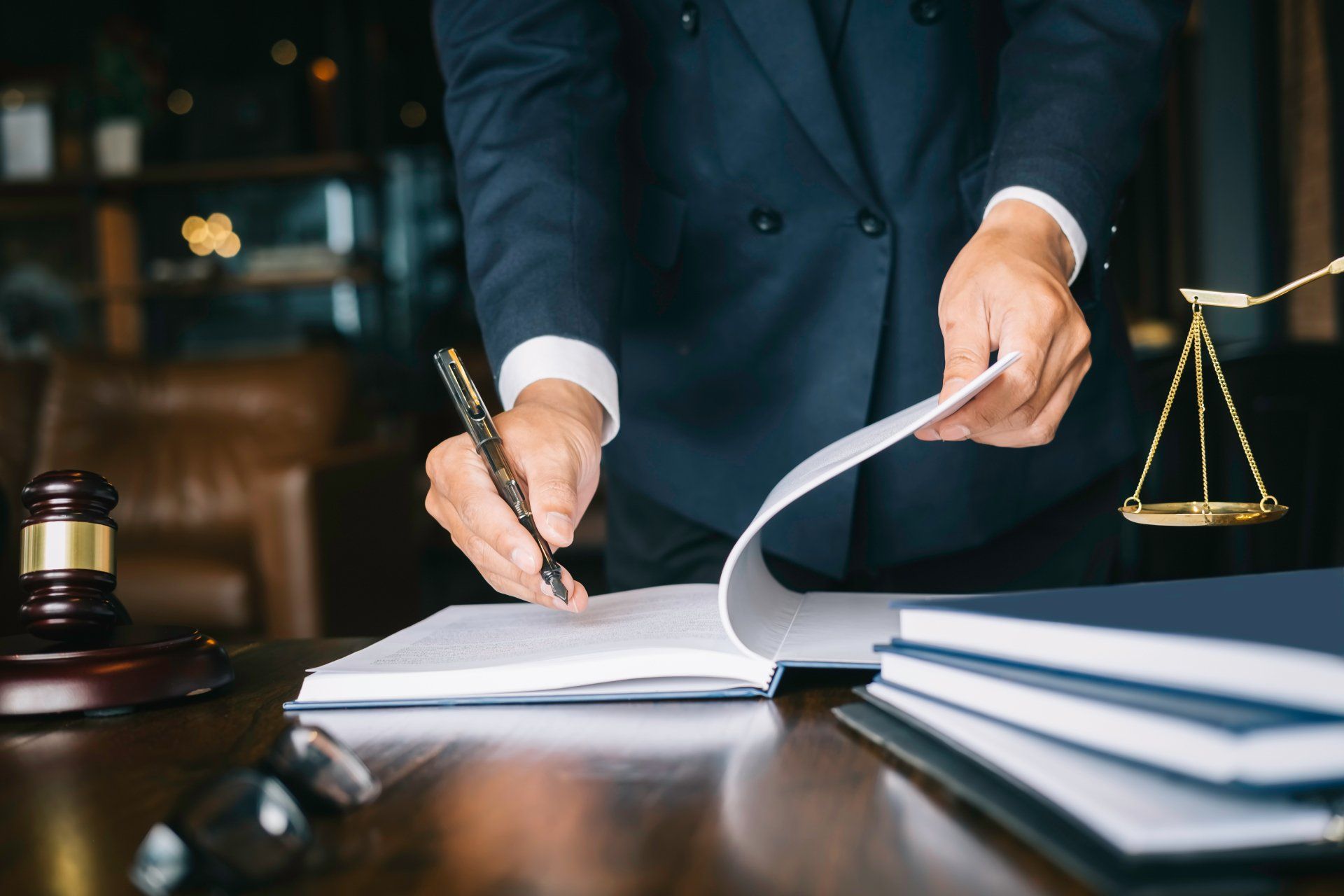Reestablishing Good Credit
Getting Credit After A Bankruptcy Filing
Hire a debt relief lawyer in Western Chester County, Coatesville, and Exton, PA to offer practical alternatives
The Credit Card Lenders want you to think that bankruptcy will ruin your credit forever. That’s just propaganda to keep people who may really need it from filing one.
Public Records:
A Chapter 7 bankruptcy filing will remain as a public record on your credit report for 10 years from the date of filing. It will be automatically removed after the expiration of the ten year period. A Chapter 13 bankruptcy filing will remain on your credit report for 7 years from the date of filing. Less time is required, presumably because the 13 plan takes a minimum of 3 years to fulfill before the debtor can start rebuilding credit.
Does this mean that will be unable to get credit for 7 to 10 years? Absolutely not.
If I declare Bankruptcy, what will happen to my credit rating?
Someone with good credit may experience a bigger drop in their FICO score when a bankruptcy appears on their report than someone with an already poor credit score. But of course, folks who are contemplating bankruptcy will usually already have trashed their credit ranking anyway, especially if they have missed one or more mortgage payments.
Estimates found online at sites like Debt.org show how people with different credit scores would be impacted by a bankruptcy filing. Someone with a credit score of 780 or above would be dinged between 200 and 240 points, dropping to an average score 640 while someone with a 680 score would lose 130 to 150 points to a low score of around 550 to 530.
How to rebuild Credit quickly:
You can begin to rebuild your credit rating in earnest upon the date of your discharge order. Many times, it will be easier after a bankruptcy filing to rebuild your credit because you will no longer have debts that are in excess of your credit limits. Also, your debt-to-income (DTI) ratio will suddenly shoot up because the denominator, the amount that you owe, will have shrunk. This should partially counteract the loss of credit score discussed above.
The single best thing you can do to rebuild your credit is to pay all of your future bills on time. While actually in bankruptcy you can start the process by paying your post filing bills (utilities, car loans, mortgage, HOA fees, etc.) on time. It’s a good idea to set up automatic payments so you don’t mess up. After a bankruptcy discharge, your payment history will be crucial. It is common to see former clients who have rebuilt their ratings within 2 to 3 years after a bankruptcy. Their secret? They paid their mortgage and car loans ON TIME and didn’t miss a payment. Obtaining and paying a small credit card on time can help as well. One option is to apply for a secured (self funded) card to start.
Credit Cards:
Your credit (but not debit) cards will usually be cancelled automatically as you enter bankruptcy. However, you will be able to get a new credit card after your bankruptcy case has been completed. It is true that you could be rejected once or twice, but you should be able to obtain approval for a small credit card as long as you are persistent. Ironically, however freshly discharged Chapter 7 debtors may receive unsolicited “preapproved” offers as the lenders know that it will be years before you can file again and get another discharge. Don’t take the first offers that comes your way as they will have the highest rates.
What happens to my student loans in bankruptcy?
You will also be able to apply for student loans, either for yourself or for a child. Specifically, the Bankruptcy Code (11 U.S.C. Section 525) prevents the government from discriminating against individuals on the grounds that they have filed for bankruptcy relief. I have never heard of anyone being denied a student loan on the grounds that they had filed for bankruptcy.
Auto Loans:
Because motor vehicles represent “rolling collateral” debtors often can obtain auto loans even while in bankruptcy. If you don’t pay however, the lender will petition the court to repossess it or do so after the discharge.
Home Loans:
You will be able to refinance your home or get a new home loan after a waiting period, using a government backed vehicle such as FHA, which nowadays lends approximately 1/3 of all home loans in the US. This assumes that you have started to rebuild your credit as discussed above.
For example, Fannie Mae has specific lending waiting periods after a bankruptcy or other adverse event and these are as follows:
| Derogatory Event | Waiting Period Requirements | Waiting Period with Extenuating Circumstances |
|---|---|---|
| Bankruptcy — Chapter 7 or 11 | 4 years | 2 years |
| Bankruptcy — Chapter 13 | 2 years from discharge date | 2 years from discharge date |
| 4 years from dismissal date | 2 years from dismissal date | |
| Multiple Bankruptcy Filings | 5 years if more than one filing within the past 7 years | 3 years from the most recent discharge or dismissal |
| Foreclosure | 7 years | 3 years |
| Additional requirements after 3 years up to 7 years: | ||
| •90% maximum LTV ratios2 | ||
| •Purchase, principal residence | ||
| •Limited cash-out refinance, all occupancy types |
If I declare bankruptcy will I lose my house?
One major reason why people choose bankruptcy is to save their homes. A lesser-known fact is that it is generally better to choose bankruptcy over foreclosure due to a shorter waiting period (compare above, for example.).
If you have credit question or debt, bankruptcy, liens or foreclosure questions, please feel free to give me a call at (610) 380-7969 during business hours or contact me thru my website at carrbankruptcylaw.com.
Extenuating circumstances must be documented, and are measured from the discharge or dismissal date of the bankruptcy action.


